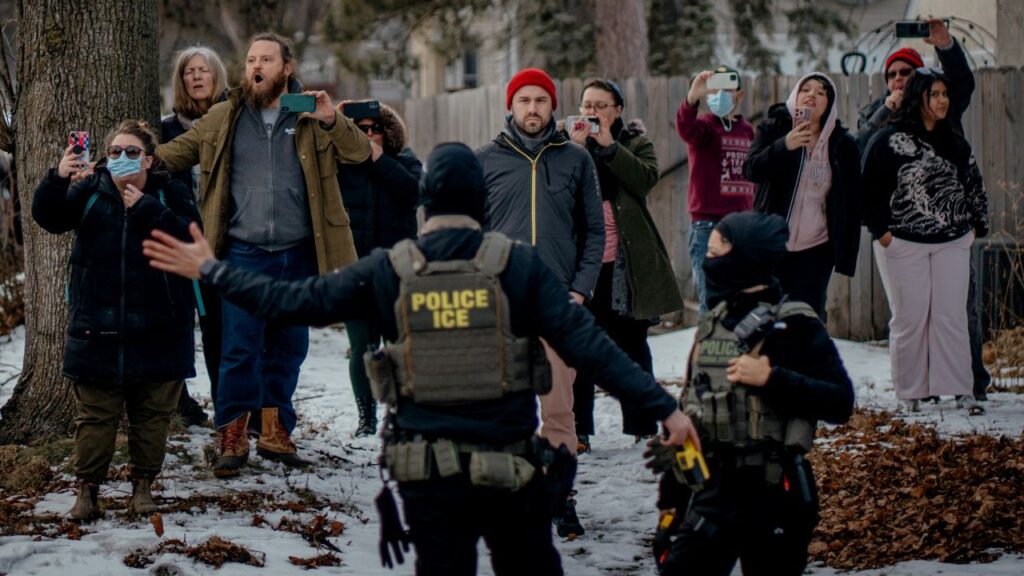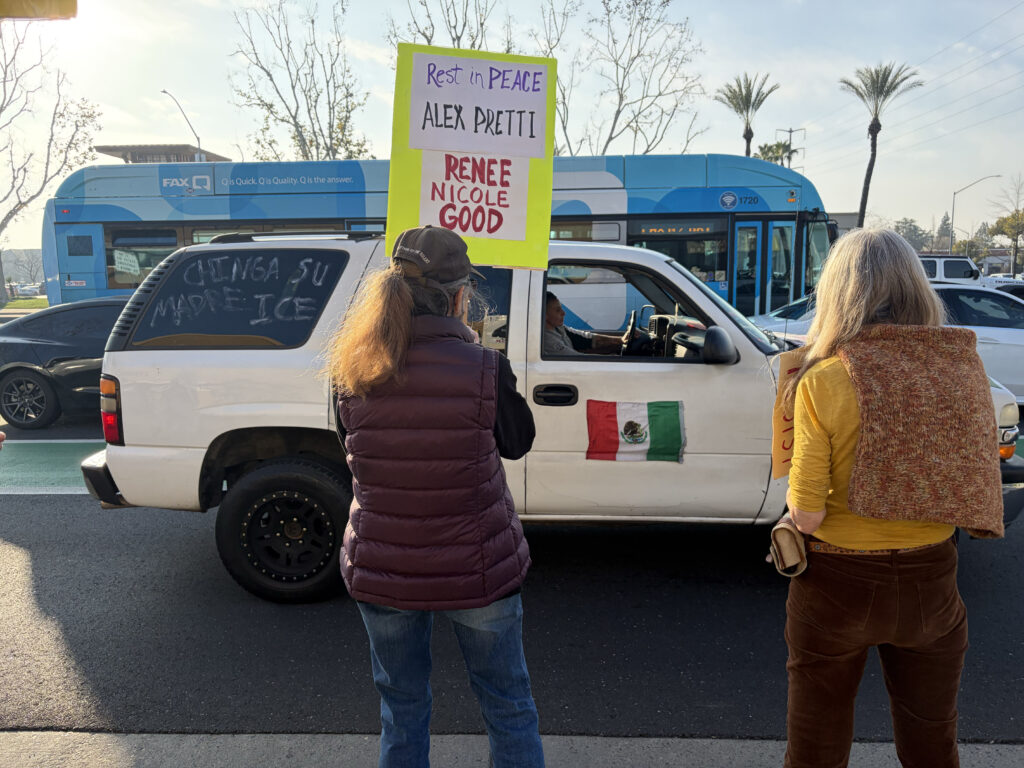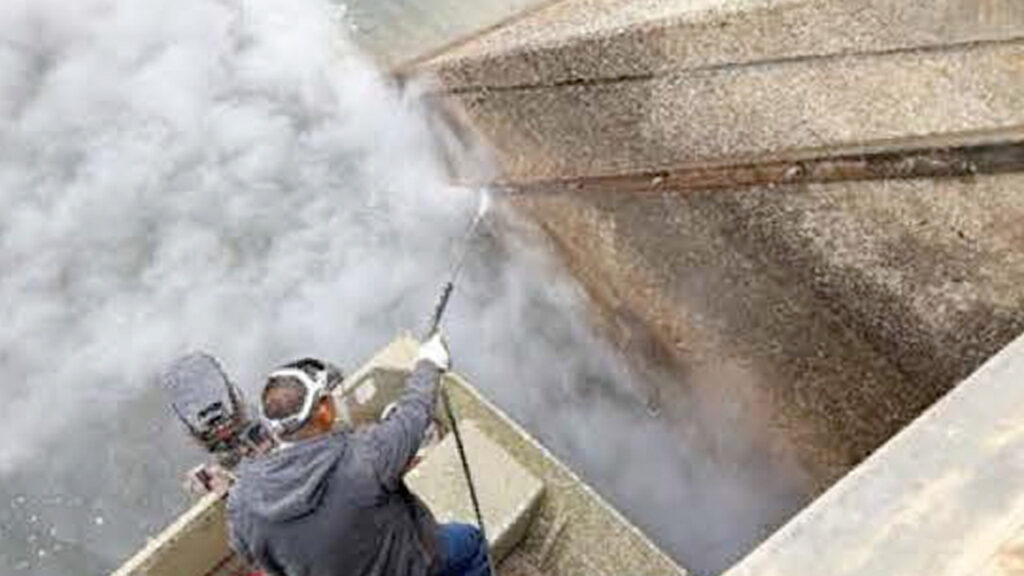Share
|
Getting your Trinity Audio player ready...
|
Representatives of the J.G. Boswell Company defended both the agricultural giant’s handling of flood water so far and its tomato plantings at the Kings County Board of Supervisors meeting Tuesday.
In an impromptu discussion during public comments, Phil Hansen, with Hansen Ranches, again noted that areas of Boswell land deep in the old Tulare Lake bed remained dry while other areas that typically haven’t flooded, or were historically flooded last, are covered in water.
In particular, he named sections in the southwestern corner of the lake that, in 1983, were filled first, progressing northward.
“All those are still dry,” Hansen said. “And we reiterate that the bottom should flood first.”

Supervisor Valle Presses Boswell for Answers
Supervisor Richard Valle wanted to know if flood waters have been held off those sections because Pasadena-headquartered Boswell is planting tomatoes, as has been reported.

The company is planting tomatoes, said Boswell’s water resources chief Mark Unruh, but not in areas that are “currently, or planned to be flooded.”
Does that mean there are areas of the lake bed Boswell isn’t planning to flood at all, Valle wanted to know. Does that mean the company is planning for even more crops?
Unruh said he didn’t know.
But Valle produced a March 28 memo to Boswell employees signed by Boswell President and Chief Operating Officer George Wurzel that stated the company had begun planting tomatoes and safflower, “with cotton to follow when it warms up and the ground dries out a bit.
“This is the promise of farming; put seed in the ground and go get another harvest,” the letter states.
Valle noted there are lots of other farmers who won’t have that opportunity because their ground is flooded and their employees are out of work.
Wurzel, who was also at Tuesday’s meeting, defended the plantings.
“We have a duty and obligation to keep our employees employed and to try and run a business,” Wurzel said. “Wherever it isn’t going to flood, we’re going to try and farm.”
Does This Mean Corcoran Will Flood?
That piqued Valle’s interest even more.
“You believe there are places that aren’t going to flood on your land, so does that mean Corcoran is going to see water?” he asked.
“We anticipate and hope they don’t flood,” Wurzel responded, saying the area Boswell is farming is higher than the Corcoran levee, which stands at 188 feet, he added.
“I’m very worried about Corcoran,” he added. But no one can say yet if the water will top 188 feet.
Boswell Takes Supervisors to Task for Cutting Levee
Valle noted another part of the March 28 Boswell letter took supervisors to task for ordering levee 749 cut on Boswell lands in order to relieve pressure on the Tule River, which was bursting its banks to the east and swamping thousands of acres of farmland.
This is so cool! Thank you for providing this to the world! https://t.co/Yb6hVDnuJc
— SJV Water (@SJVWater) April 6, 2023
“It comes across as very disappointing,” Valle said.
Wurzel said the company had been trying to work with the county and was “showing its hand” for why it had made certain moves so far.
So, does that mean Boswell will start working with the Kings County Emergency Operations Center, Valle asked.
“I think we’re working together,” Wurzel said. “But there’s a lot of folks in the EOC who’ve never fought a flood before. We have gentlemen with a long history of it.
“But some of the tools have been taken out of our arsenal by some of the levees that were cut. This is a whole flood fight, not just what’s happening today.”
About SJV Water
SJV Water is an independent, nonprofit news site dedicated to covering water in the San Joaquin Valley. Get inside access to SJV Water by becoming a member.



















